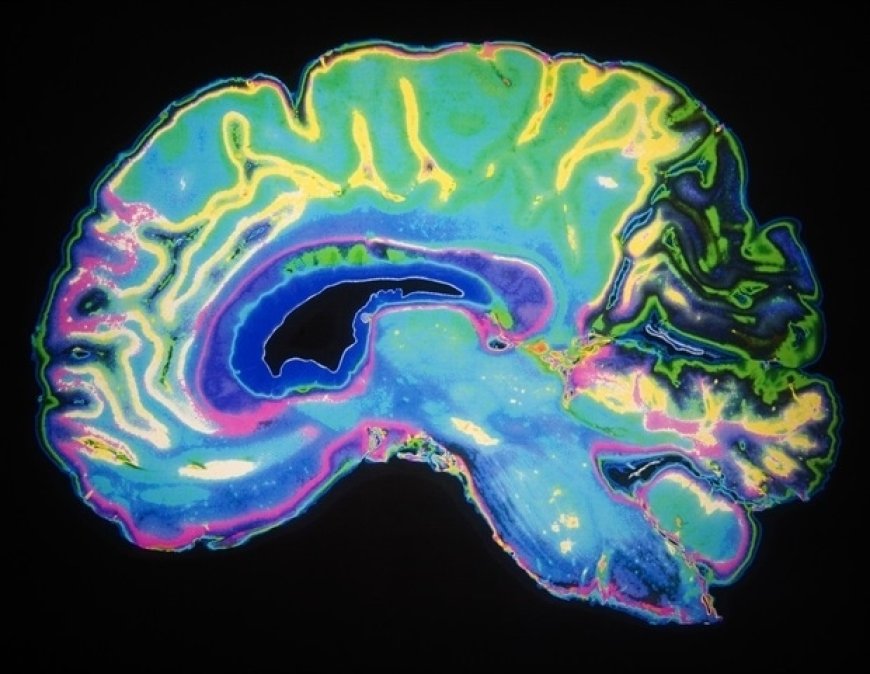Study Shows Early Exposure to PFHxA May Affect Male Brain Development
New research suggests that exposure to PFHxA, a type of 'forever chemical,' during early life may lead to increased anxiety and memory deficits in male mice. The study, conducted at the University of Rochester, found that male mice exposed to PFHxA showed mild developmental changes, while females did not. These findings highlight the potential long-term consequences of PFHxA exposure on brain development.

Forever chemicals or per- and polyfluoroalkyl substances (PFAS) have been widely used in consumer and industrial products for decades without breaking down in the environment. One specific PFAS, perfluorohexanoic acid (PFHxA), previously considered less harmful, has been found to impact male brain development. Research from the Del Monte Institute for Neuroscience at the University of Rochester revealed that early exposure to PFHxA can lead to increased anxiety-related behaviors and memory deficits in male mice.
Ania Majewska, PhD, professor of Neuroscience, highlighted that these effects, though mild, were only observed in male mice, similar to the male bias seen in neurodevelopmental disorders like autism and ADHD. The study exposed mice to PFHxA during gestation and lactation, resulting in developmental changes in male mice such as decreased activity levels, heightened anxiety, and memory deficits.
Long-term behavioral consequences were observed in male mice exposed to PFHxA, even after exposure ceased, indicating potential lasting effects on brain development. The persistence of PFHxA in water, despite its shorter chain, led to its restriction by the European Union in 2024.
The study emphasizes the need for further research on short-chain PFAS and calls for evaluating the neurotoxicity of PFHxA to inform regulatory decisions. Understanding the impacts of PFHxA on brain development is crucial, especially considering its potential long-term consequences.
According to the source: News-Medical.
What's Your Reaction?
 Like
0
Like
0
 Dislike
0
Dislike
0
 Love
0
Love
0
 Funny
0
Funny
0
 Angry
0
Angry
0
 Sad
0
Sad
0
 Wow
0
Wow
0







































































































































































